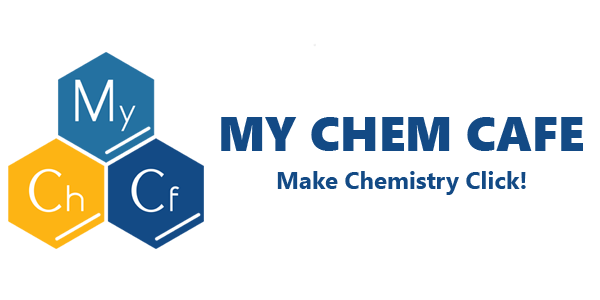17. Application of Inorganic Chemistry to Medicine
Inorganic Chemistry in the synthesis of Anti-cancer drugs
Transition metal complexes offer great potential advantages over the more common organic-based drugs as anticancer agents. They exhibit a wide range of coordination numbers and geometries, accessible redox states and ‘tune-ability’ of the thermodynamics and kinetics of ligand substitution. Metals are able to bind ligands in a precise three-dimensional configuration and this allows for the tailoring of the molecule to recognize and interact with a defined molecular target. The variable oxidation states of transition metals not only allows for modification of the three-dimensional space into which the molecule can fit, but also allows them to participate in biological redox chemistry. This coupled with the ability to undergo ligand exchange reactions allows metals to interact and coordinate with biological molecules. However, inorganic chemistry is an area that is not as “popular” as organic chemistry. The study of transition elements is part of the GCE ‘A’ level syllabus and with the help of Chemistry tuition, students are able to relate what they have studied to real-life applications.
Discovery of anti-cancer drugs
The discovery of the metallopharmaceutical cisplatin about 40 years ago fueled the interest in the research on metal-based anticancer agents. Since then, intensive research in this field has already yielded three FDA-approved platinum anticancer drugs that are in widespread clinical use: cisplatin, carboplatin and oxaliplatin. Out of the more than 3000 platinum complexes prepared as potential anticancer agents, only about 30 compounds made it to clinical trials, some to advanced stages. The current platinum drugs have some major drawbacks despite their achievements. These include: (i) treatment is effective on a limited range of cancers; (ii) acquired resistance by some tumors and (iii) severe side-effects such as nausea and kidney toxicity. Hence, there is a need to synthesize new drugs to circumvent these drawbacks. With the guidance of an experienced chemistry tutor who had postgraduate research experience, the learning of chemistry can be made more relevant to practical applications rather than just plain textbook knowledge.
Challenges in the development of anti-cancer drugs
Even after 40 years since the discovery of the anticancer cisplatin, elucidation of the mechanism of action of a cytotoxic compound is still a very challenging task as some very basic questions remained unanswered. In general, the nature of the metal ion, its oxidation state, and the number and types of bound ligands can exert a critical influence on the biological activity of a metal complex. An understanding of how these factors affect biological activity should enable the design of metal complexes with specific medicinal properties. Hence, more work and interest must be generated in the areas of medicinal chemistry. For students who are keen to explore these areas, having Chemistry tuition with a specialized chemistry tutor would pave the solid foundation for future studies.
Click HERE to read next
Chemistry Tuition Singapore @ MY CHEM CAFE
Principal Chemistry Tutor: Mr. Jacky Wong

